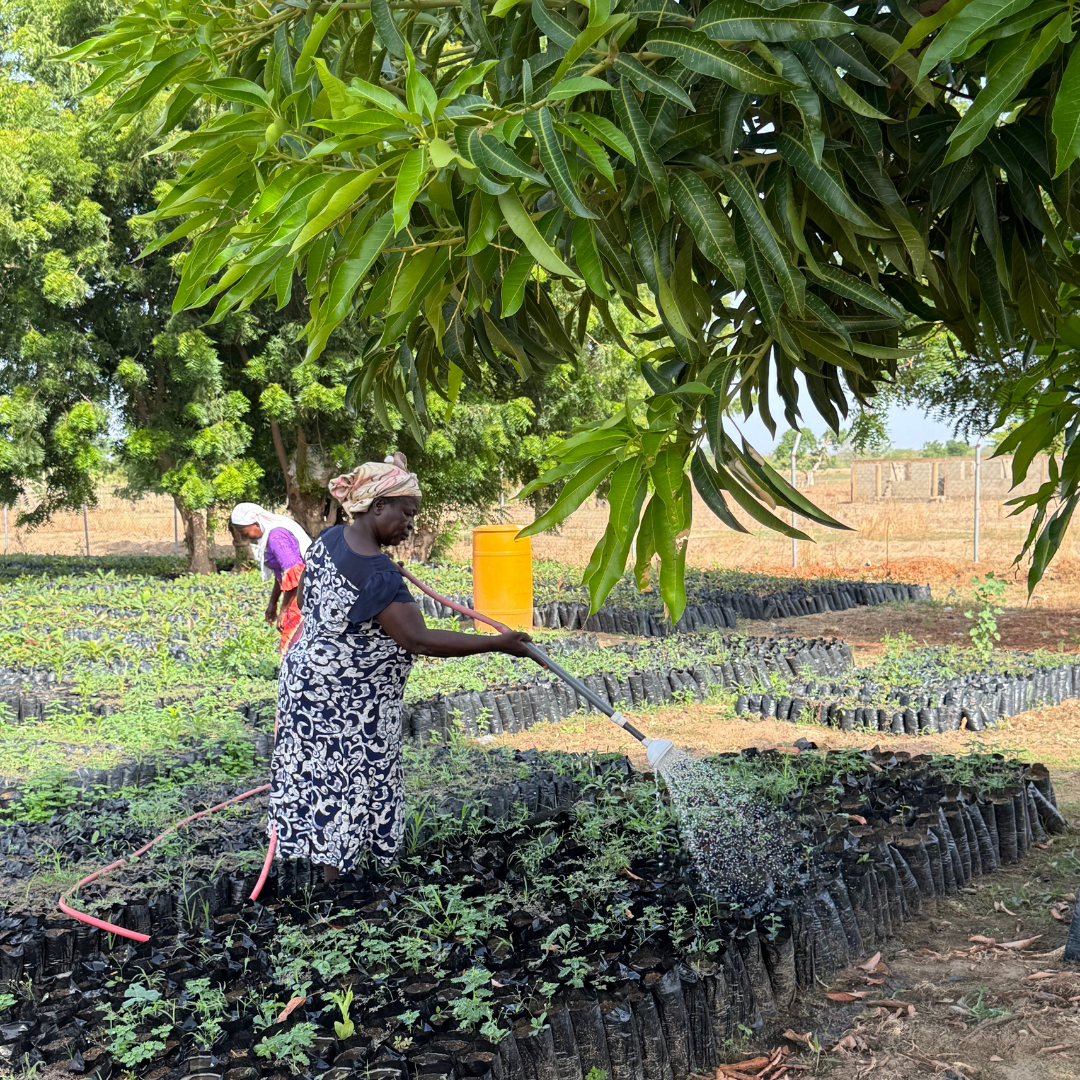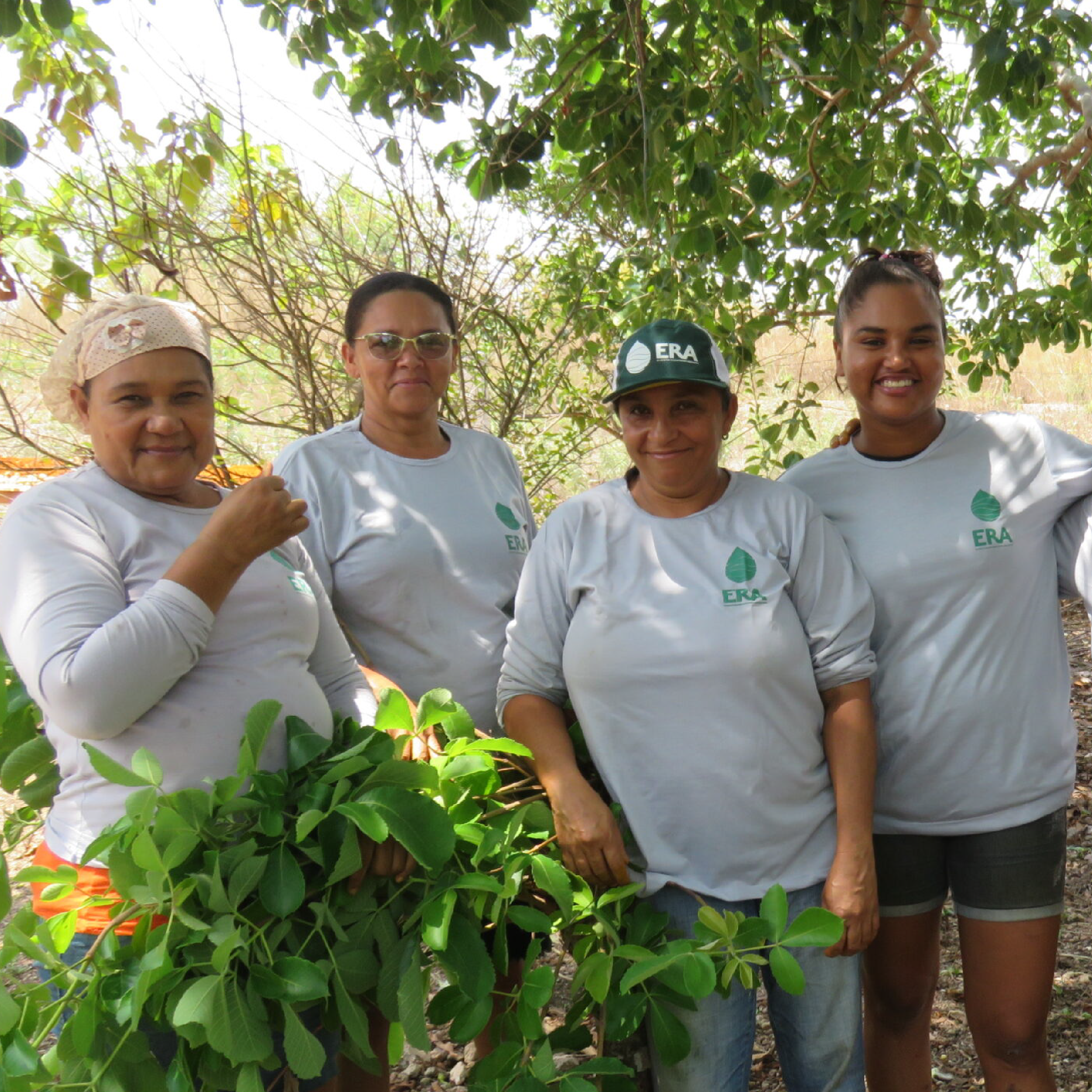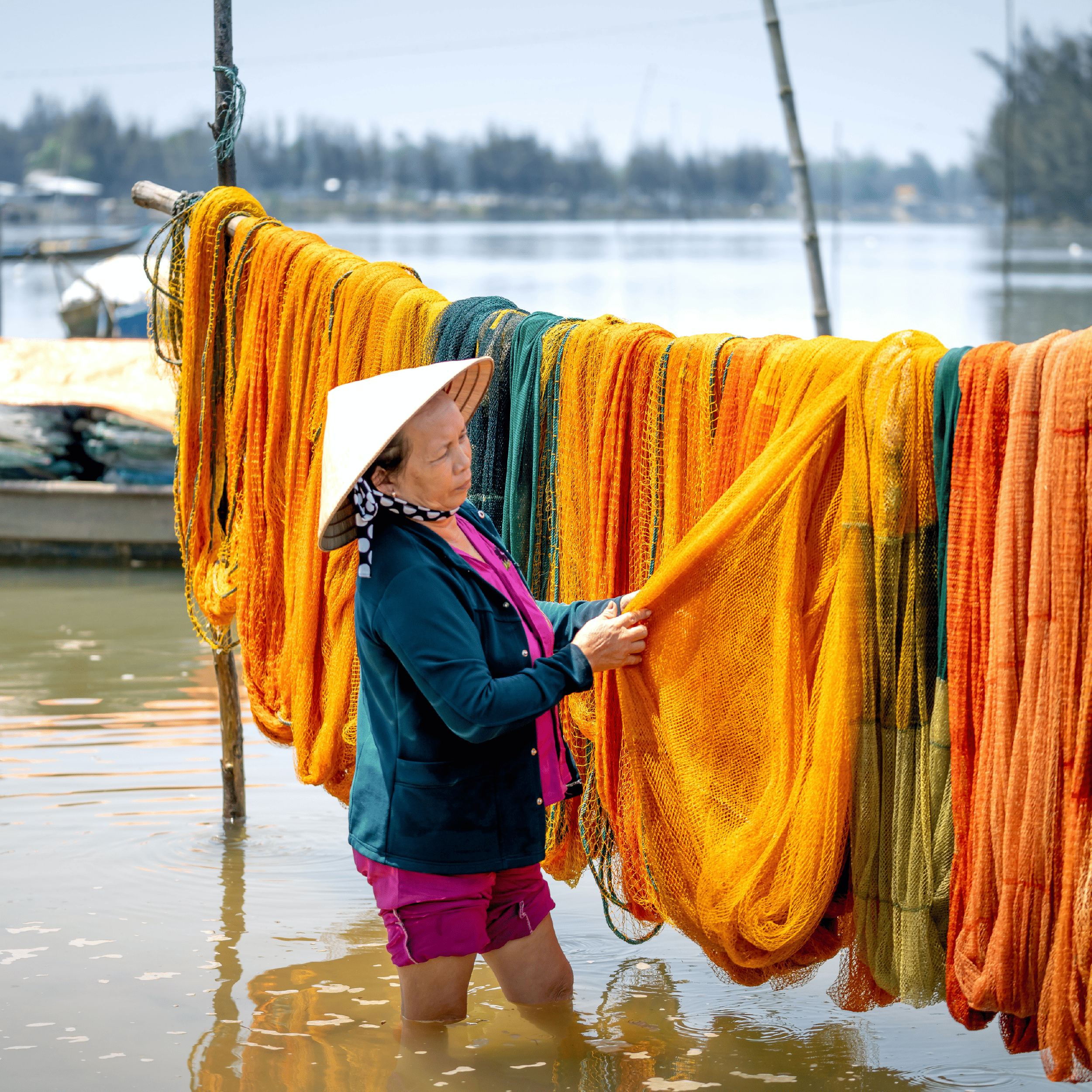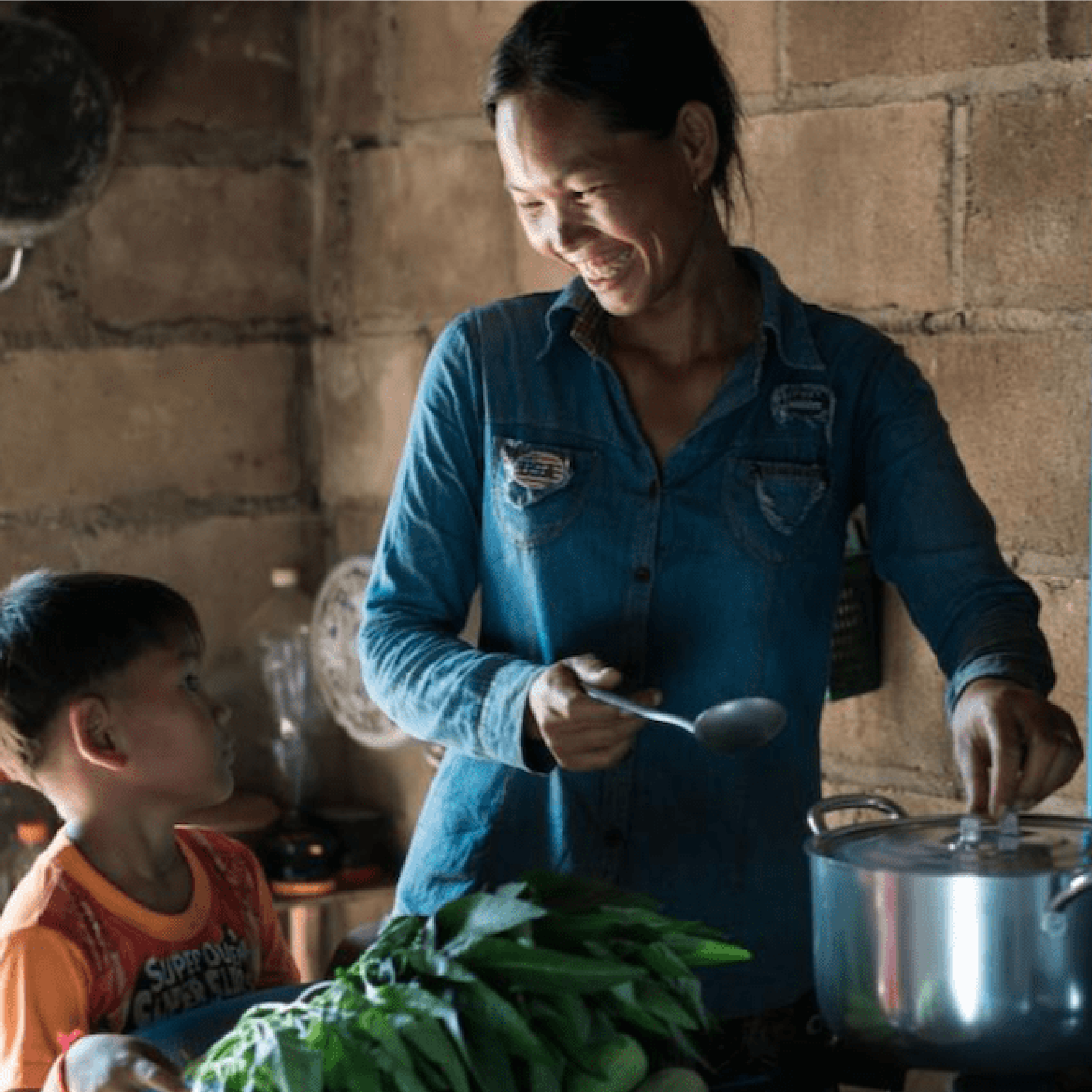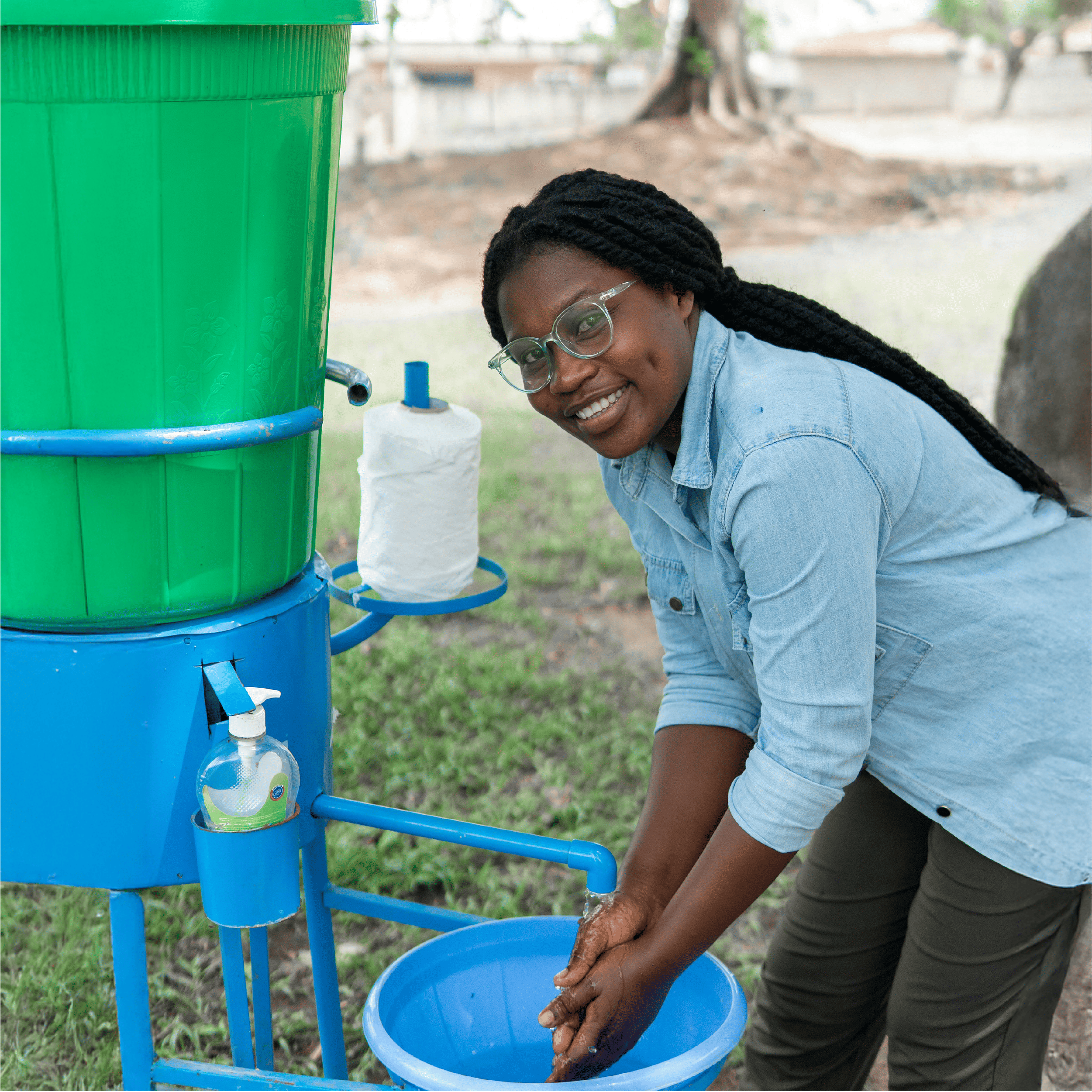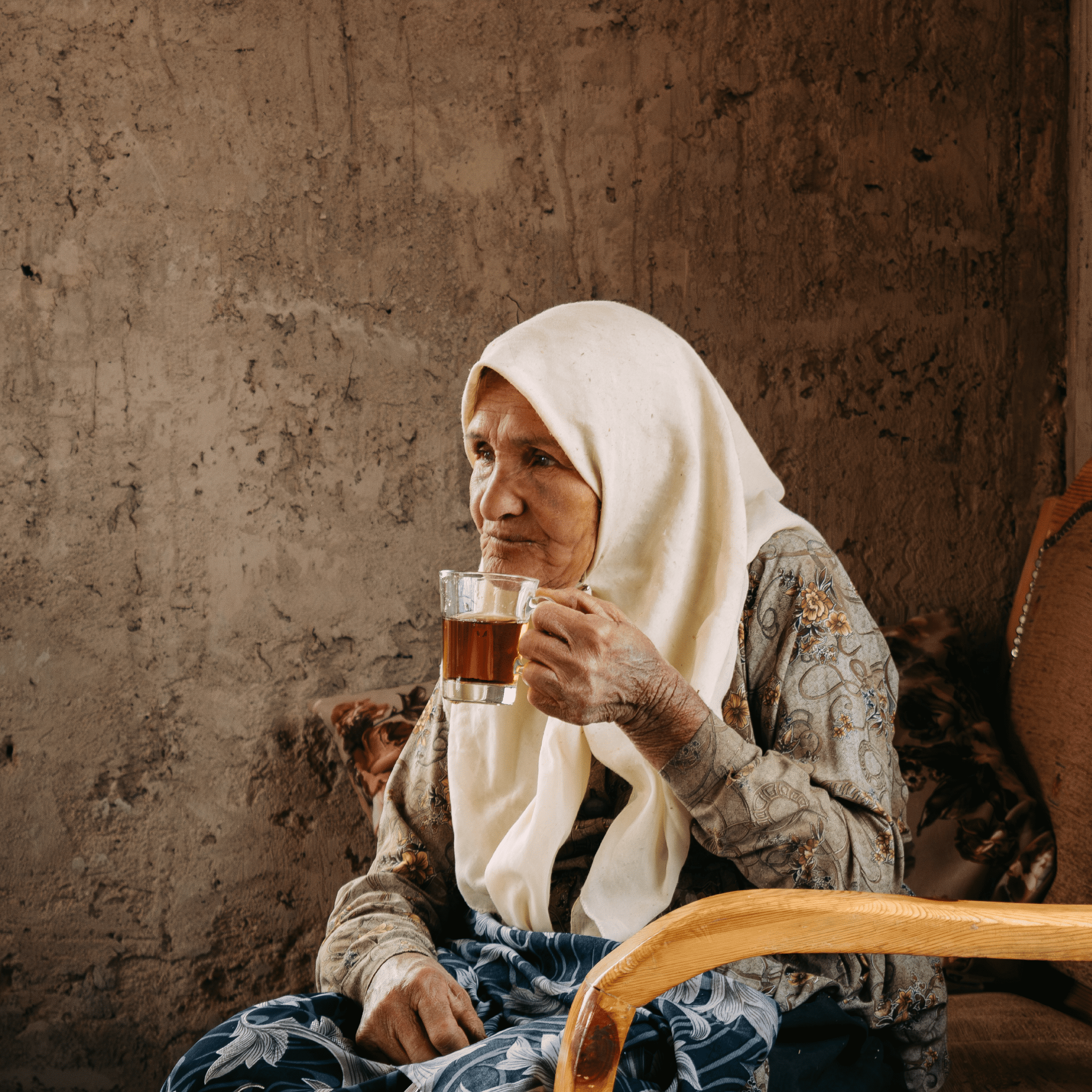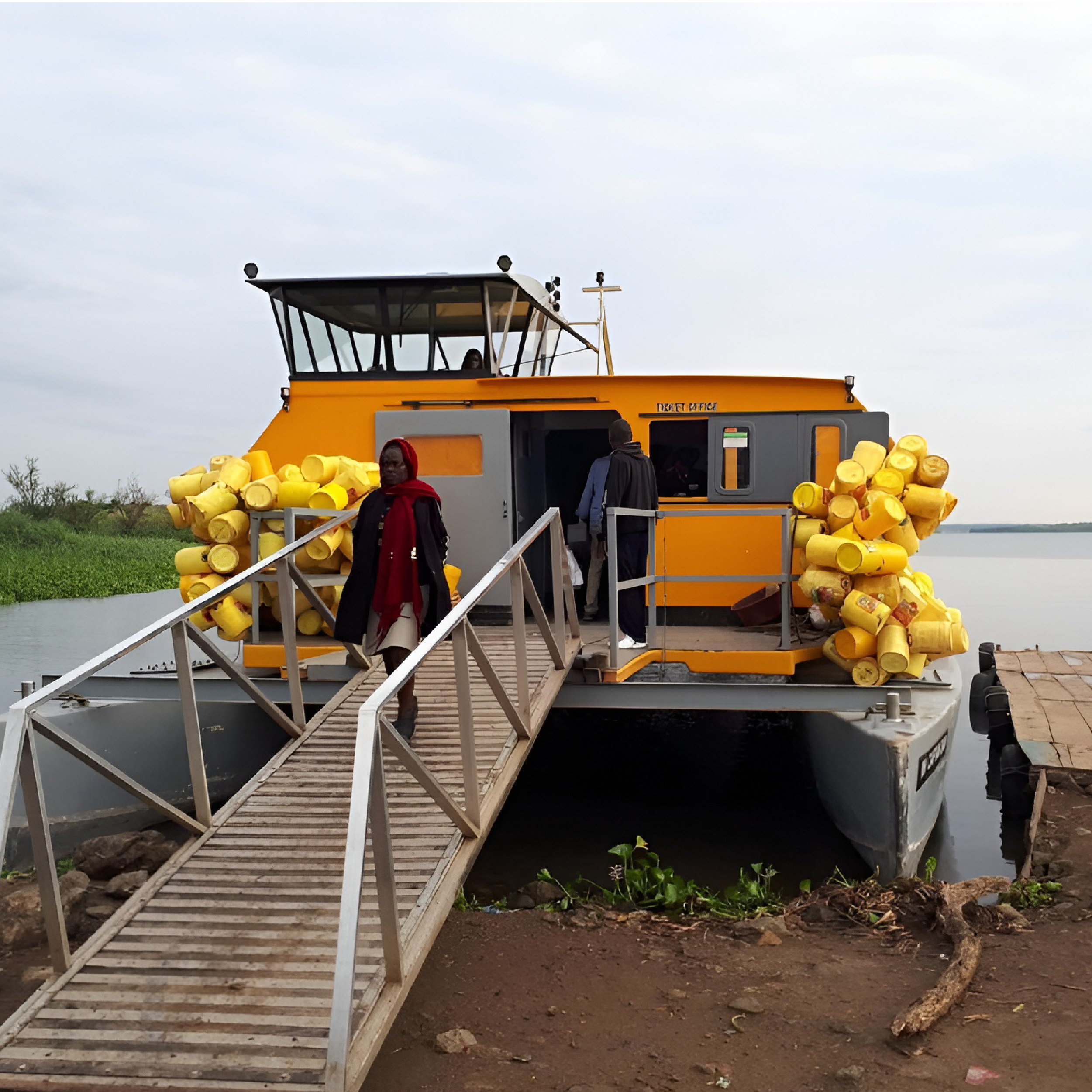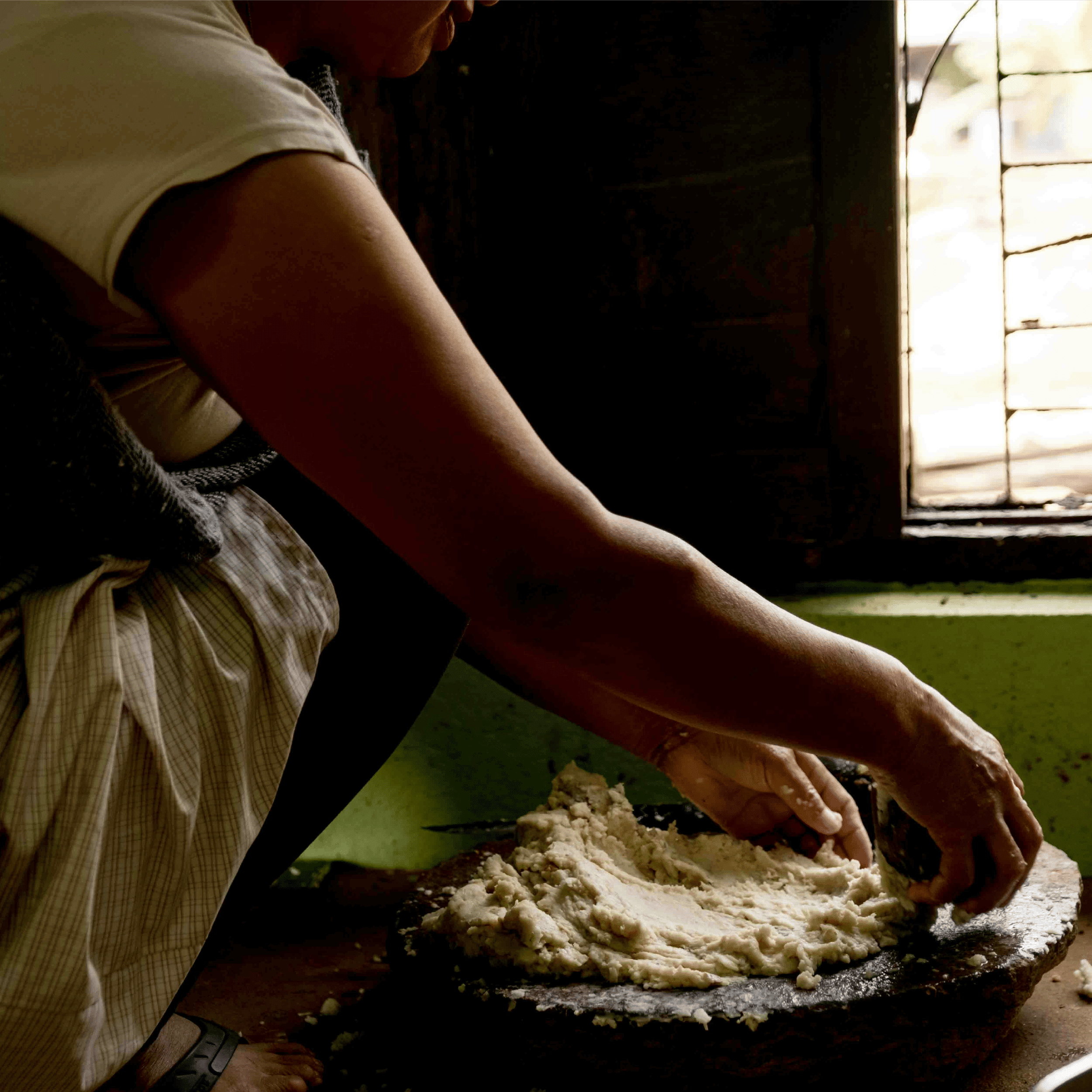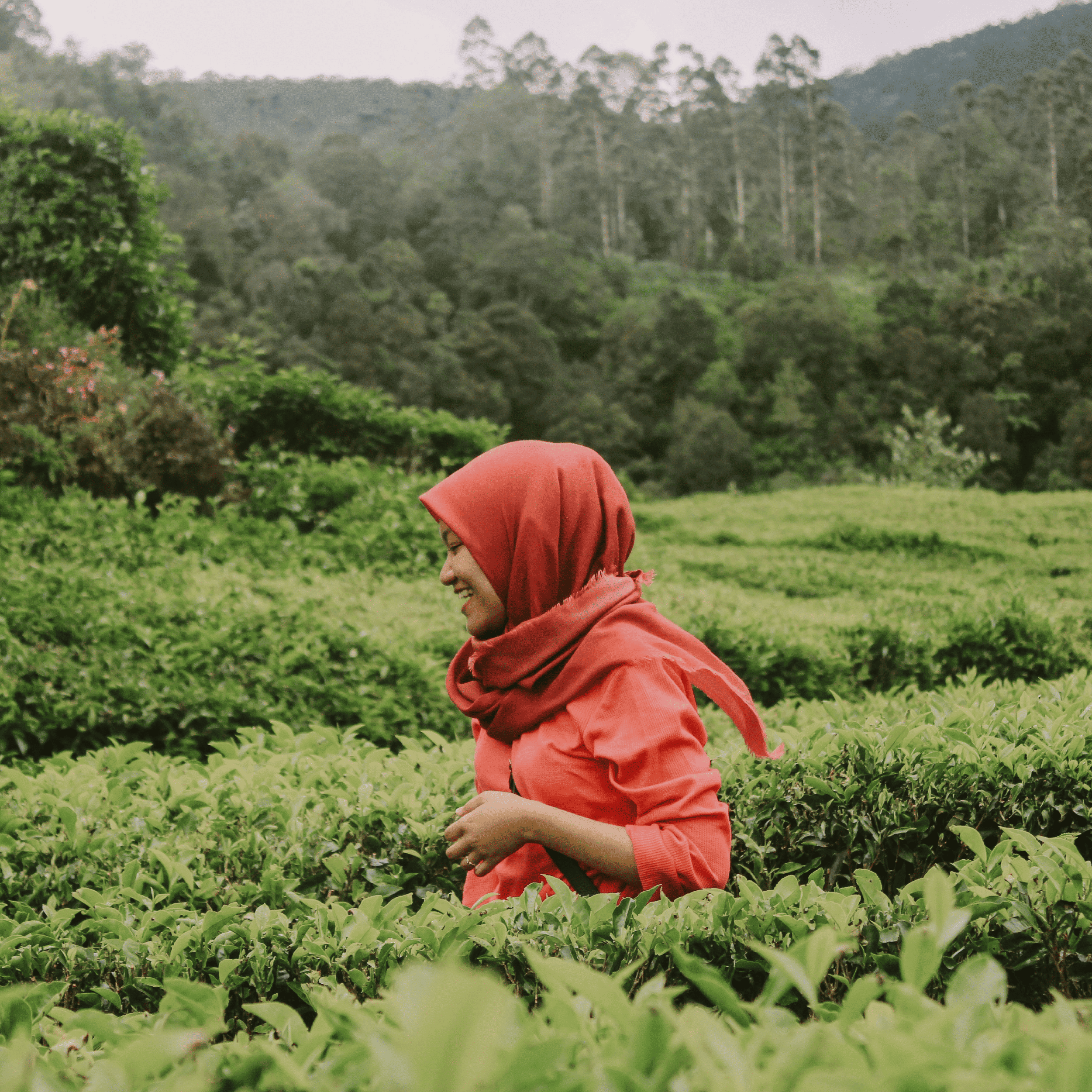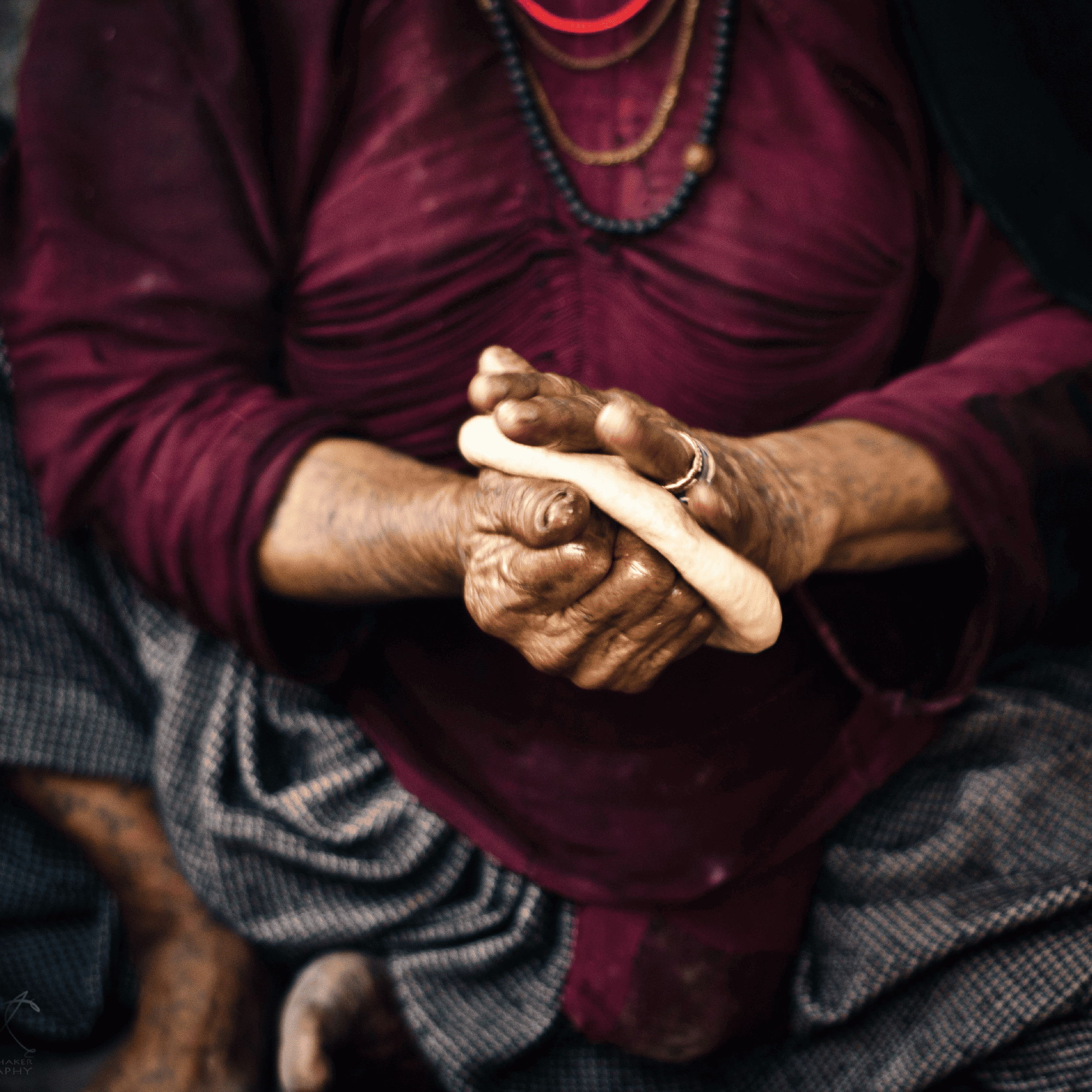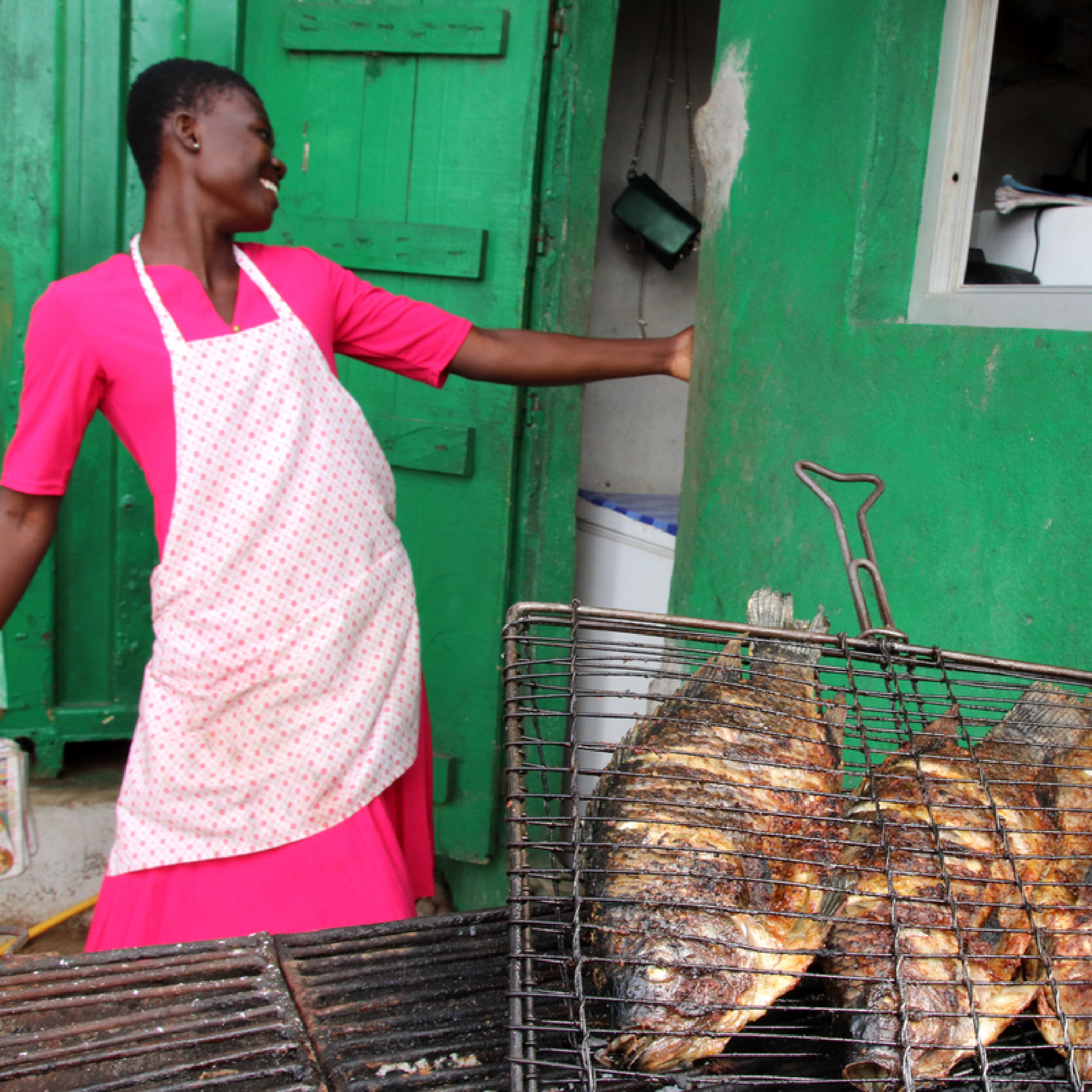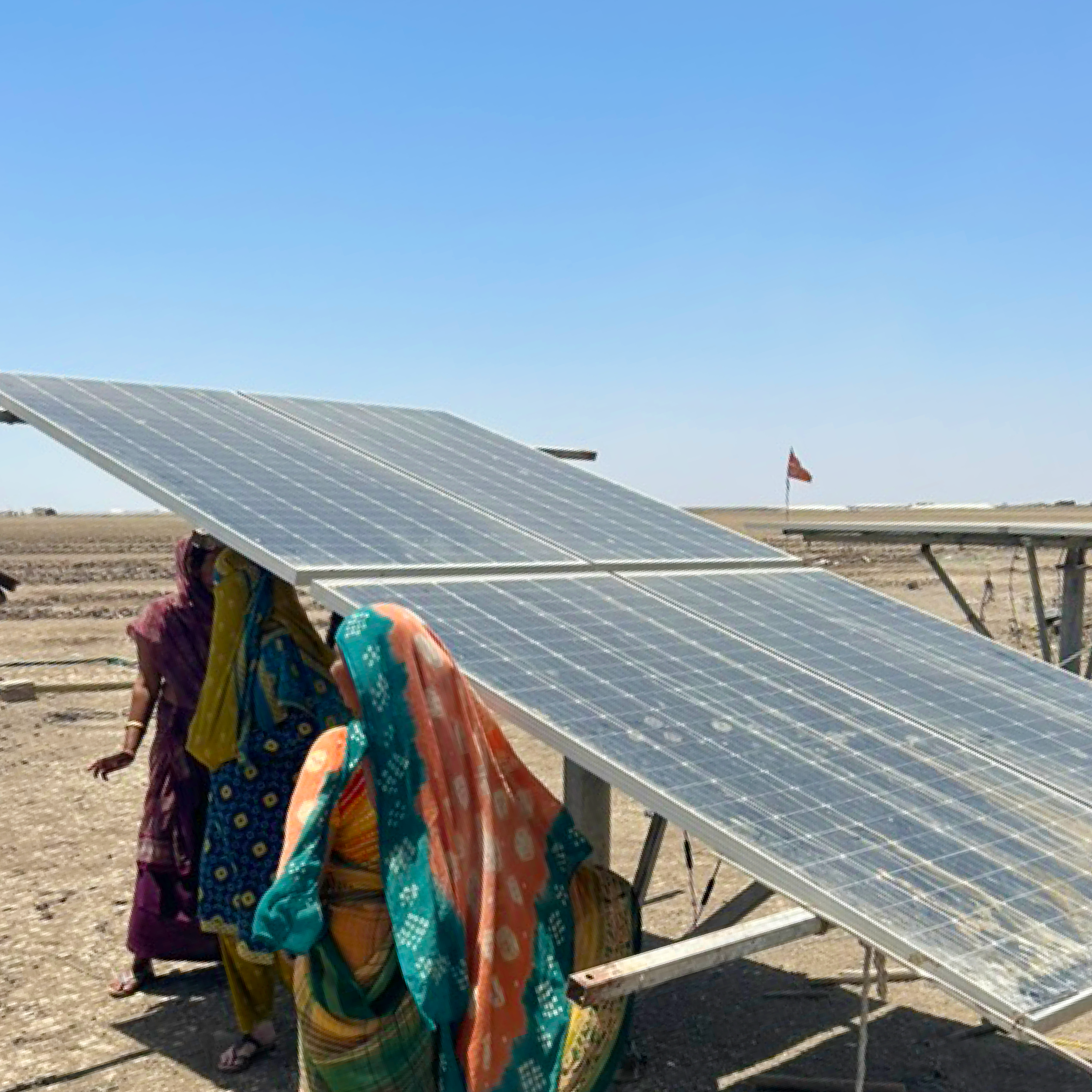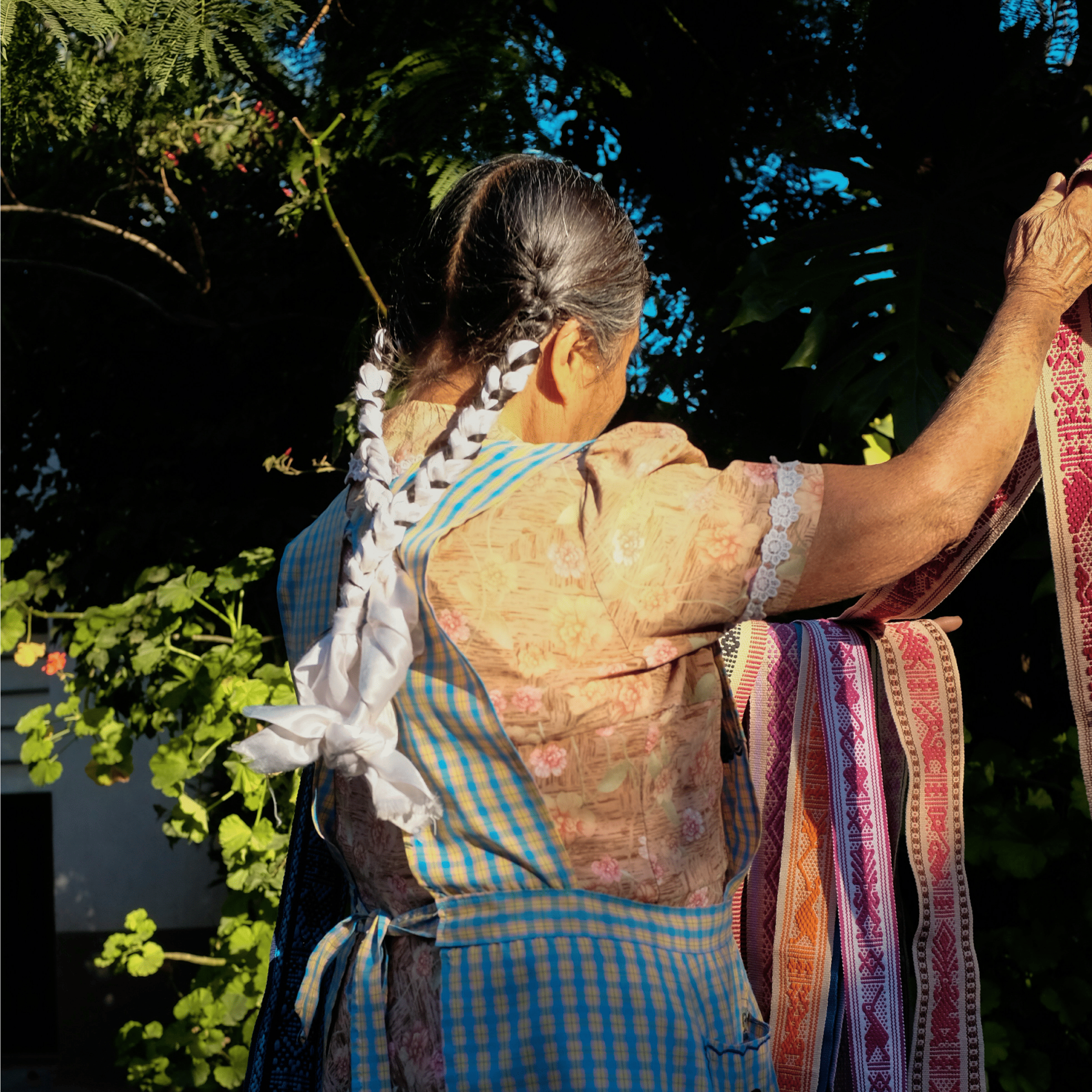Kasigau Corridor REDD+
Taking Care of the Forest and Helping Humans Co-Exist with Wildlife
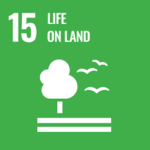
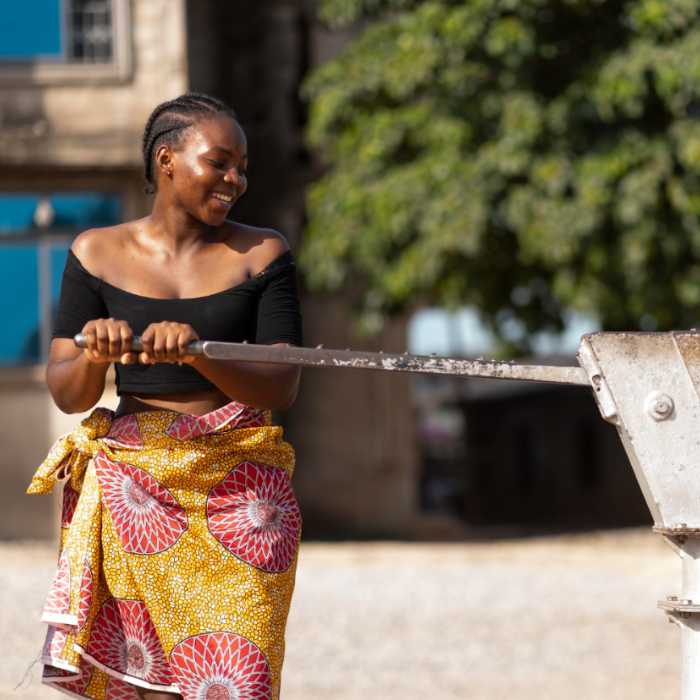

The Story
In Kenya’s Kasigau Corridor, the REDD+ project protects threatened forests and wildlife while channeling carbon revenues into community priorities that especially benefit women—water systems, education, health, and diversified livelihoods. Jobs replace unsustainable activities (poaching, illegal logging), and community governance directs funds to scholarships, school and water infrastructure, and women-led enterprises. Using the W+ Standard, the project measures and verifies women’s gains in Time, Income & Assets, Knowledge & Education, and Health.

Quick Facts

Goal: Conserve forest and wildlife while improving women’s time use, income, skills, and health via carbon-financed community investments.
- Location: Kasigau Corridor, Taita-Taveta County, Kenya
- Metrics: +41% Time; +12.5% Income & Assets; +93% Knowledge & Education; +16% Health
- Dates / Status: Certified (current); ongoing measurements and verifications
- Beneficiaries (women): ~50,000 targeted; 27,771 reached via water/time savings; 1,506 through Hadithi livelihoods (to date)
Standards & Certification:
- W+ Domains: Time, Income & Assets, Knowledge & Education, Health
- Credit Type: W+ Units
- Certified Supply: 1,181,499 W+ Credits (Certified — availability per current issuance)
(Map alt suggestion: “Map of Kenya with a pin on the Kasigau Corridor in Taita-Taveta.”)
What We Did
- Created conservation jobs & eco-enterprises: Replacing unsustainable income sources with long-term roles tied to forest protection.
- Funded community priorities via carbon revenue: Scholarships, school infrastructure, water pipelines/points, and health programs.
- Expanded women’s livelihoods: Hadithi handicrafts initiative—skills training and market access.
- Delivered skills & climate-smart training: Eco-charcoal, greenhouse cultivation, tailoring, and conservation agriculture.
- Improved health access: Partnerships for family planning and sexual/reproductive health education.

Results and Impact
- Time savings: +41% — water pipelines, collection points, and rock catchments reduce water-collection time for 27,771 women.
- Income & Assets: +12.5% — 1,506 women increase earnings and assets through Hadithi and alternative livelihoods.
- Knowledge & Education: +93% — women gain practical skills in climate-smart production and enterprise.
- Health: +16% — improved SRH access and education strengthen well-being.Results are actively measured; future verifications will update metrics and W+ unit availability.
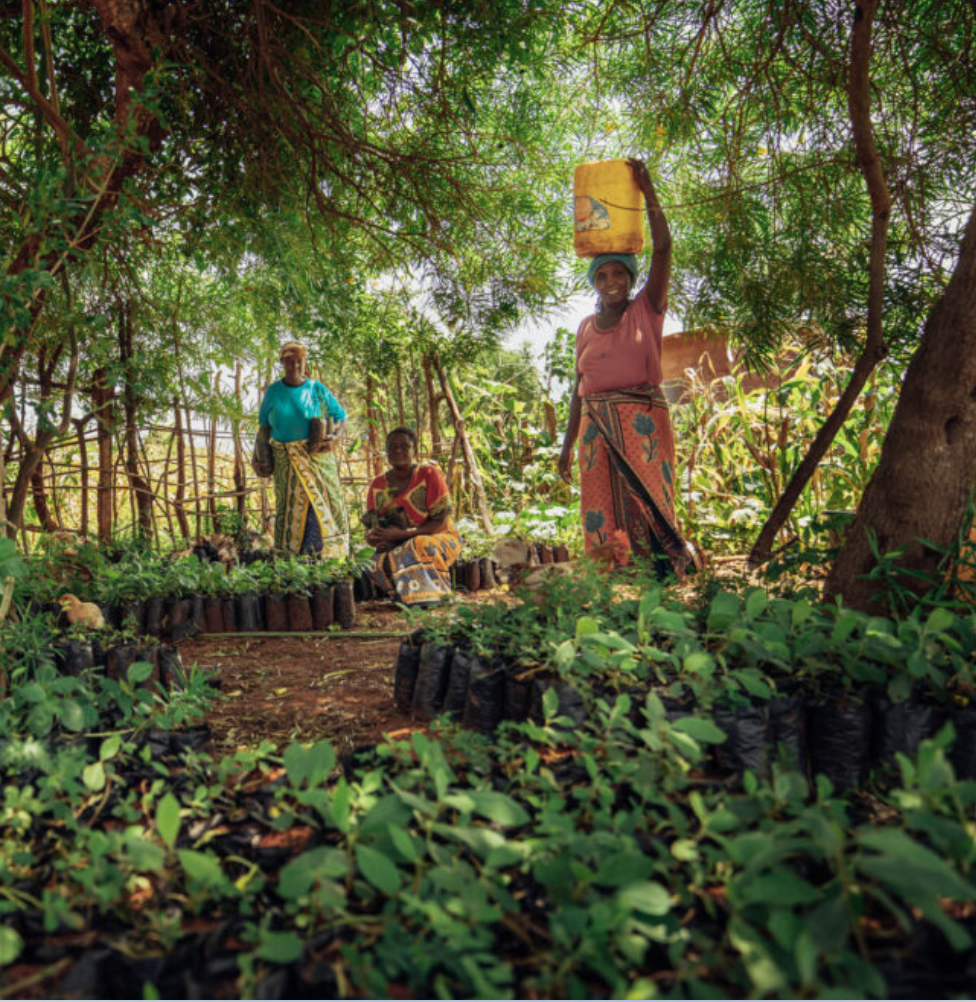
In the Field
Behind the scenes of projects directly from the technical experts on the ground.
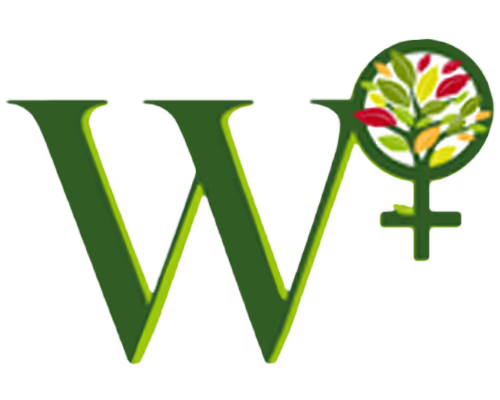
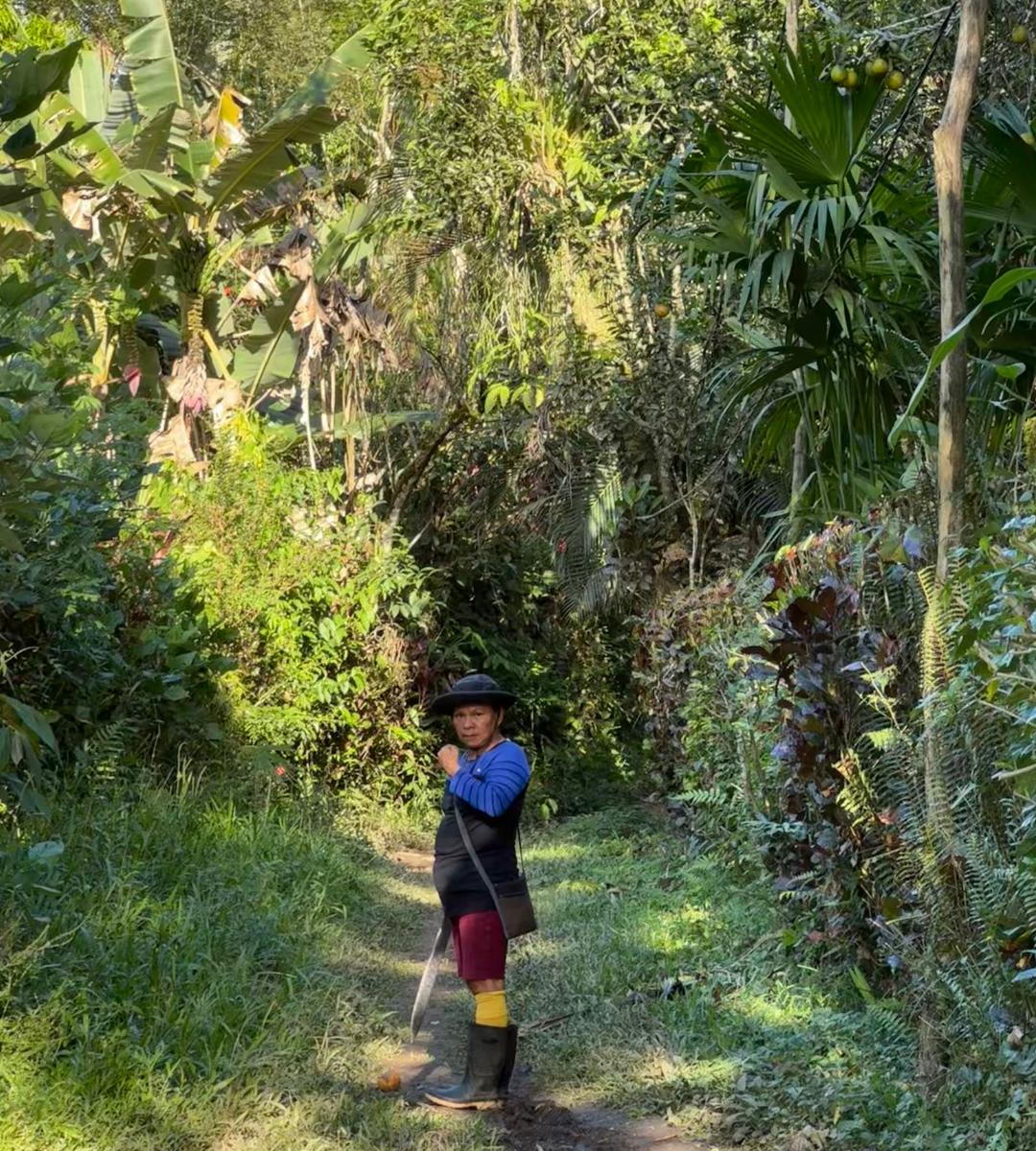
.jpeg)
